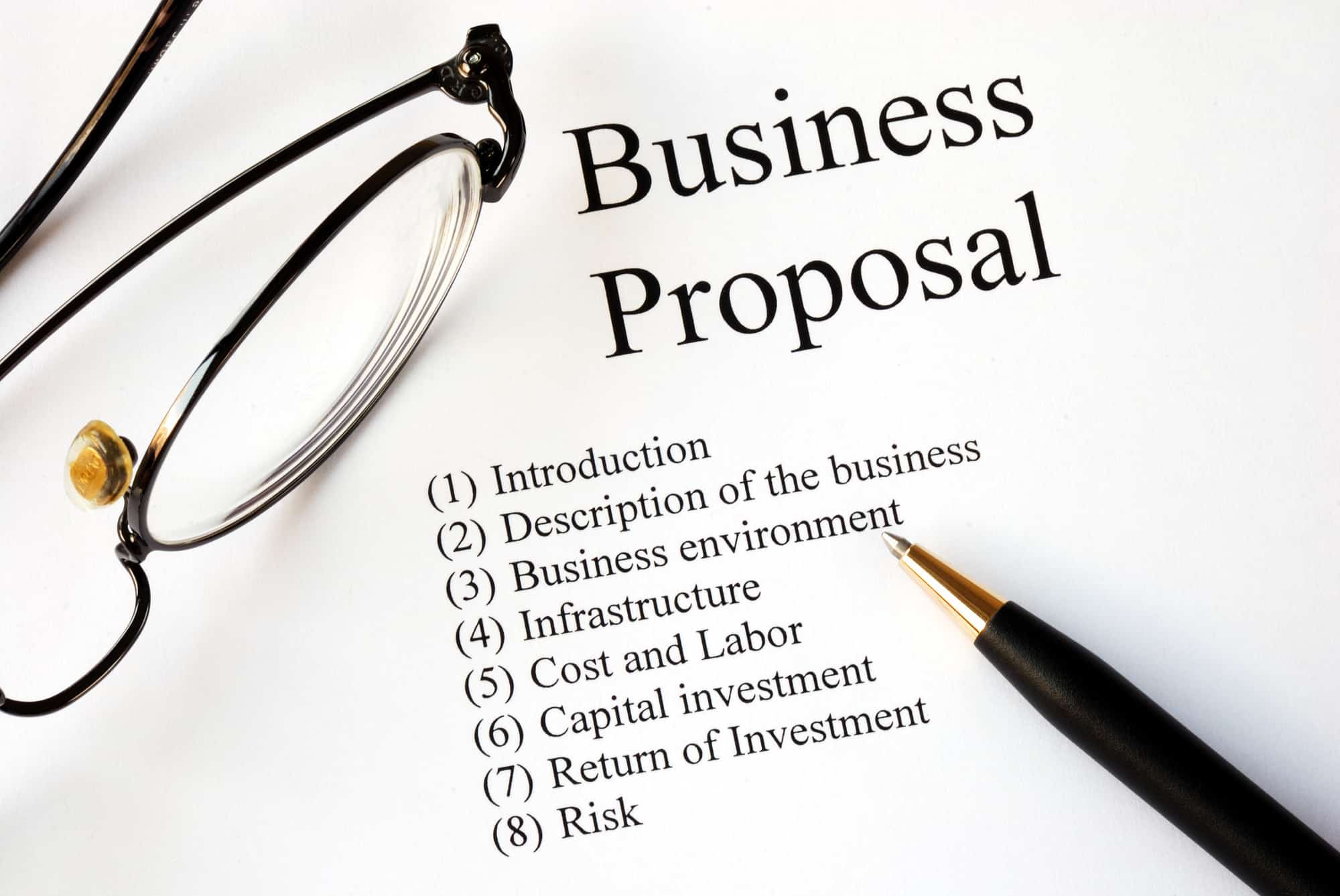What to Include in Your Business Proposal
Creating a business proposal is an essential part of starting any business. Read this article for tips on what to never forget to include in your proposal!
So, you have a great idea for a startup, a market to pitch that idea to, and a team to help you to make it all happen.
You might think that this makes you ready to pitch to investors and VC’s — but unless you have an epic business proposal, you likely won’t even get in the door.
As an entrepreneur, you likely already know how to market yourself fairly well. You might even be able to craft excellent business and pitch documents already. However, a business proposal is an entirely different ball game.
So, what does it take to write a good one, and how can you ensure that you include all information that makes investors tick?
Read on to find out.
An Outline of Your Startup and Its Goals
Any business proposal worth its salt will begin with the kind of mission statement that snaps the attention of potential investors.
Think of your mission statement as a kind of elevator pitch — if it doesn’t make the people reading it intrigued and excited, then chances are, they won’t get through the rest of the proposal.
When writing your mission statement, don’t just give a generic explanation of what your company does. Talk about why you are uniquely qualified to disrupt your industry, how your product/service will improve your customers’ lives, and above all, make sure your passion for what you do is palpable.
Next, move on to an explanation of your long and short-term goals.
What are you already doing right now to achieve them? What are the tiered steps that you’re planning to take to make your long-term goals a reality? And above all, are those goals actually realistic in comparison to where you are right now?
This is also the time to bring out the hard data.
Investors want to see that you’ve actually done the research required to make these goals happen, and that you’ve set financial milestones.
Be upfront about how many current customers you have, your cash flow and revenue stream, and the concrete, specific steps you plan to take to increase both of those things.
An Explanation of Your Target Market
Of course, when you’re writing a business proposal, you want to make it clear to your potential investors that you actually have someone that’s interested in your products/services.
You also need to prove that you’re familiar with the wants, needs, and pain points of your target market. Highlight your specific plan to market to them, and demonstrate your knowledge of where they spend time online and how they consume media.
In brief: the more you know about your market, the better.
However, you also need to ensure that your market is realistic for the current phase of business that you’re in. Yes, we’d all love to be pitching to high net worth individuals living in the biggest cities in the world.
But is that really consistent with the capital, number of employees, and experience that you have right now?
Start by detailing your niche market, and then move on to discussing the types of markets you plan to expand to as you grow.
A Knowledge of Your Competitors
In addition to your target market, your business proposal also needs to make it clear that you’ve done your research when it comes to your competition.
Use competitive analysis to identify their weak points, explain how your brand is markedly different from theirs, and discuss how you can fill a void that they’re not currently addressing.
Additionally, prove that you’ve studied up on their advertising and marketing strategies, and that you know what works and what doesn’t when it comes to how they sell their products/services.
Above all, don’t be the person that believes that they have no competition. Not only is this unrealistic, it’s entirely unprofessional.
In addition to your competition, you can also use this section to speak about the risks associated with your startup. Identify the things that you’ll have to work against, and prove that you already have a plan in place to handle worst case scenarios.
An Overview of Your Team
If you want to build a sense of trust in your investors, you need to use your business proposal to prove to them that you’ve gathered together a team of experts that have the industry experience and educational credentials to make your startup a success.
As the founder of your startup, this description should start with you.
What made you want to create your startup? How will your past professional experience serve you well in your new journey? How many people are you currently able to hire, and what will that team look like as you continue to expand and grow?
Try to highlight how you and your team’s specific (and hopefully, diverse) skill sets will set you apart from the competition and give you a leg up.
You’re Ready to Write a Killer Business Proposal
I hope reading this post has made you energized and excited to start drafting your startup’s business proposal.
However, keep in mind that it’s just that — a draft.
Even if you think you’ve created the greatest and most convincing proposal in the world, chances are that it still needs work. Always ensure that you have a second and third set up eyes reading over and editing your proposal to catch any fluff, spelling/grammatical errors, or just weed out unconvincing language.
Need a little help with that?
If so, call on me.
I’ll help you craft a tight business proposal that piques the interest of even the toughest investors and VC’s. Spend some time on my website and blog to learn more about the wide variety of services I offer.
Make this the year you take your startup from dream to reality.




